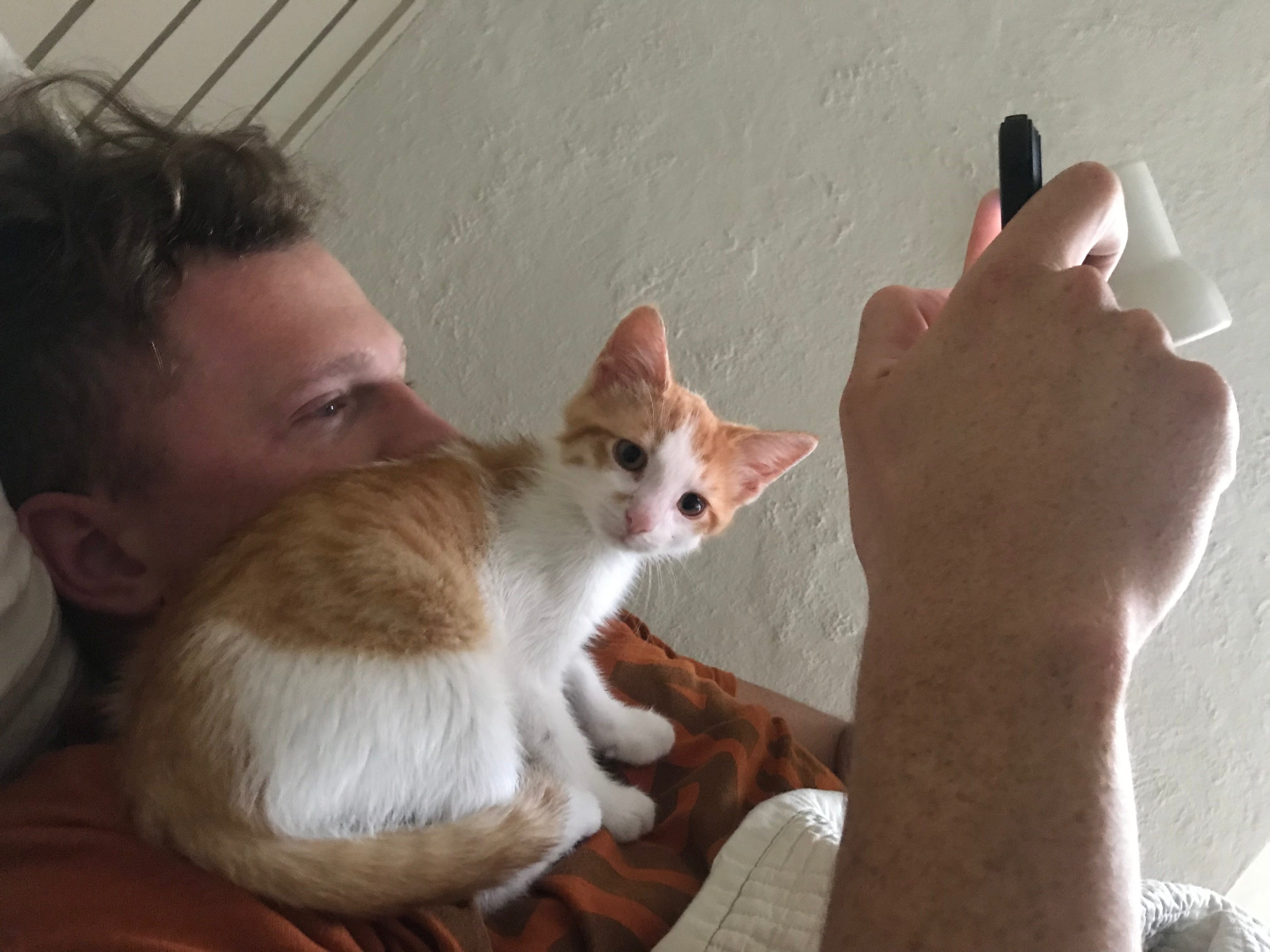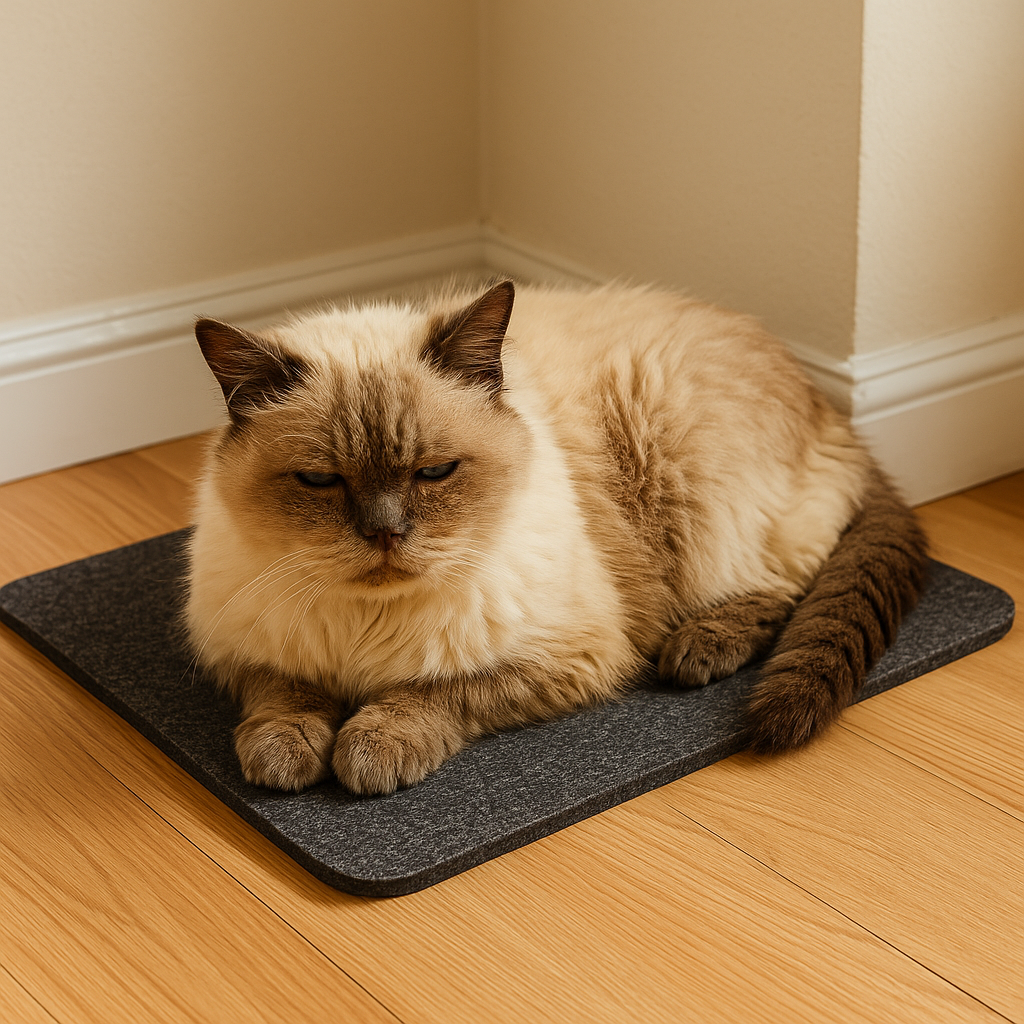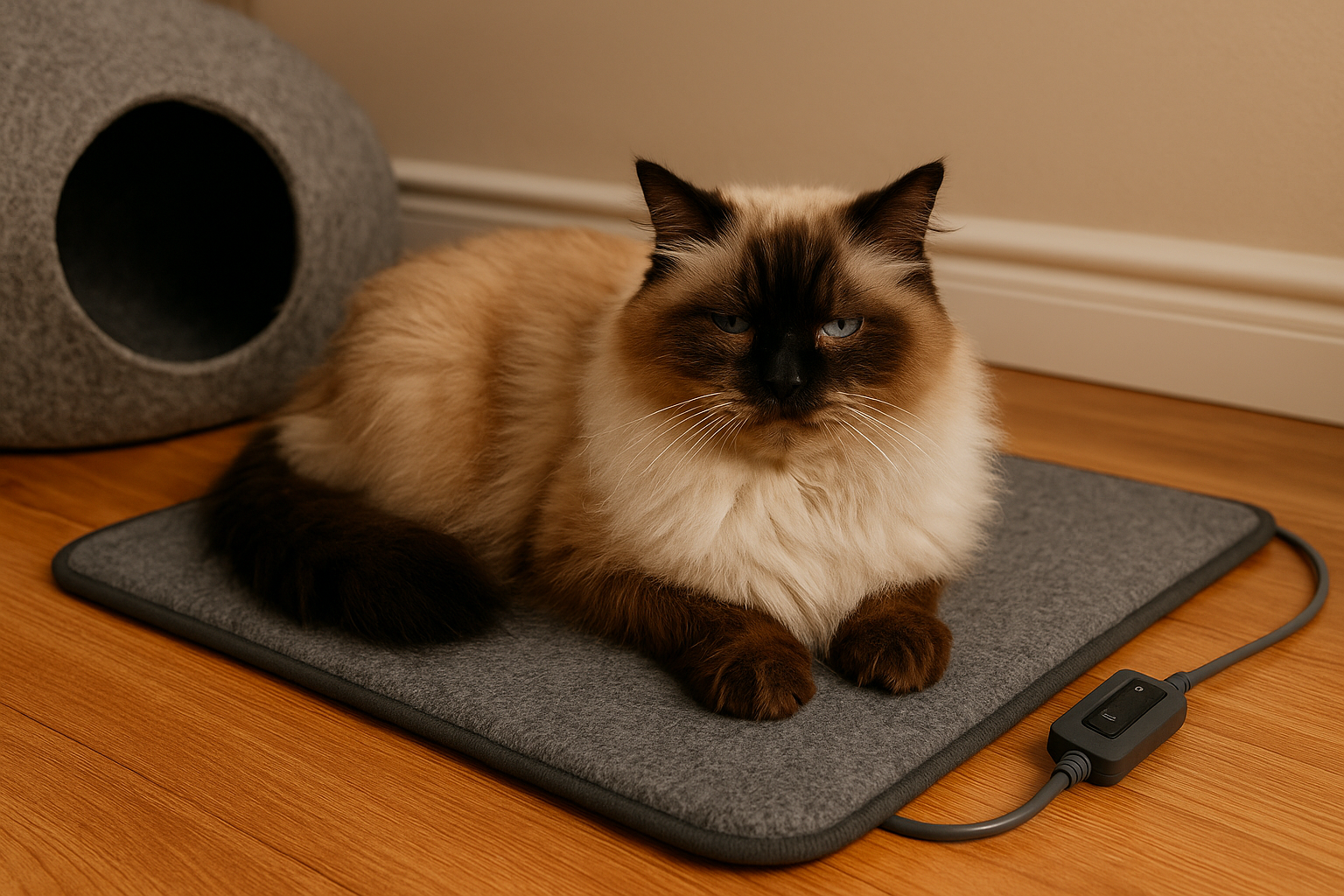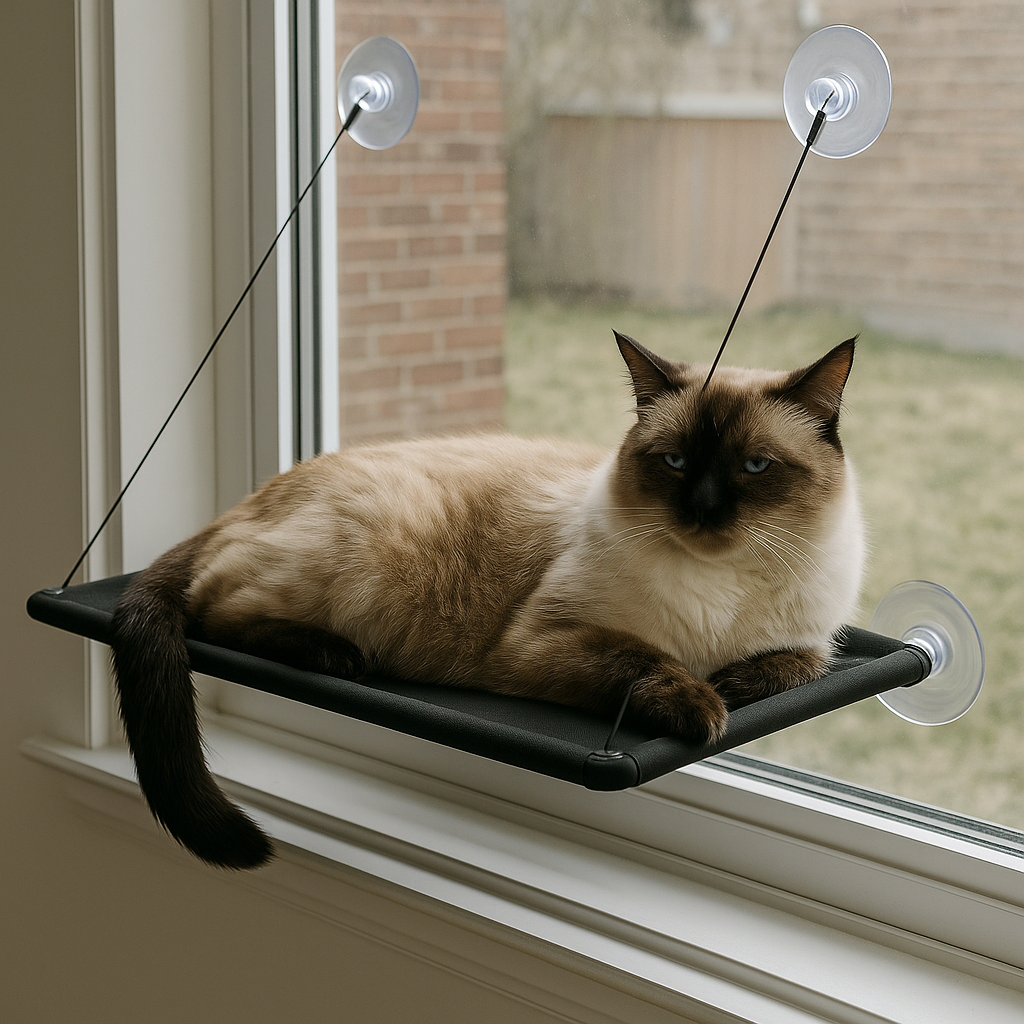Diarrhea & Vomiting in Cats: Causes, Prevention & Vet Advice 2025 🐾
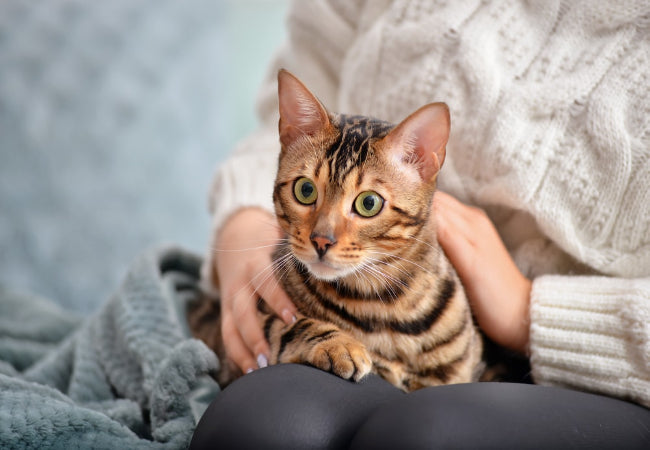
In this article
Diarrhea & Vomiting in Cats: Causes, Prevention & Vet Advice 2025 🐾
By Dr. Duncan Houston BVSc
Seeing your cat experience diarrhea and vomiting can be worrying. While mild cases may resolve quickly, these symptoms can also signal serious underlying health conditions. This guide covers the common causes, warning signs, prevention strategies, and when to consult your veterinarian.
What Causes Diarrhea and Vomiting in Cats? 🐱
Several issues can trigger these symptoms:
-
Dietary Changes or Intolerances – Sudden food switches or food sensitivities often upset digestion.
-
Ingestion of Foreign Objects – Cats sometimes swallow strings, toys, or other items, leading to blockages.
-
Infections or Parasites – Bacterial, viral, or parasitic infections can affect the GI tract.
-
Underlying Health Conditions – Problems like kidney disease, pancreatitis, IBD, or even cancer may cause vomiting and diarrhea.
-
Medications – Some drugs can irritate the stomach and intestines as a side effect.
Symptoms & Behavioral Changes to Watch For 🚨
These signs may indicate more than a simple stomach upset:
-
Lethargy – A drop in energy could point to dehydration or systemic illness.
-
Increased Thirst – Drinking more water often signals fluid loss from vomiting and diarrhea.
-
Loss of Appetite – Skipping meals combined with GI issues suggests more serious concerns.
-
Abdominal Discomfort – Pain or sensitivity when the belly is touched is a red flag.
Preventing Diarrhea and Vomiting in Cats 🐾
You can reduce risks with good daily care:
-
Keep Diet Consistent – Transition new foods slowly over 7–10 days.
-
Maintain Hygiene – Clean litter boxes regularly to prevent infections and parasites.
-
Prevent Ingestion of Hazards – Remove access to string, plants, and unsafe human foods.
-
Schedule Regular Vet Visits – Vaccinations, parasite control, and wellness checks catch problems early.
-
Use Medications Safely – Follow vet instructions carefully; report side effects promptly.
When to Call the Vet 🩺
Seek veterinary care immediately if your cat’s vomiting and diarrhea are:
-
Frequent or lasting more than 24–48 hours
-
Accompanied by blood, severe lethargy, or weight loss
-
Causing dehydration or signs of abdominal pain
Your veterinarian may run tests such as bloodwork, fecal exams, or imaging to pinpoint the cause and provide treatment, from fluid therapy to special diets or medications.
Final Thoughts
Occasional stomach upset may not be serious, but persistent vomiting and diarrhea should never be ignored. Early veterinary intervention ensures your cat gets the right treatment and avoids complications. When in doubt — call your vet. ❤️🐾




